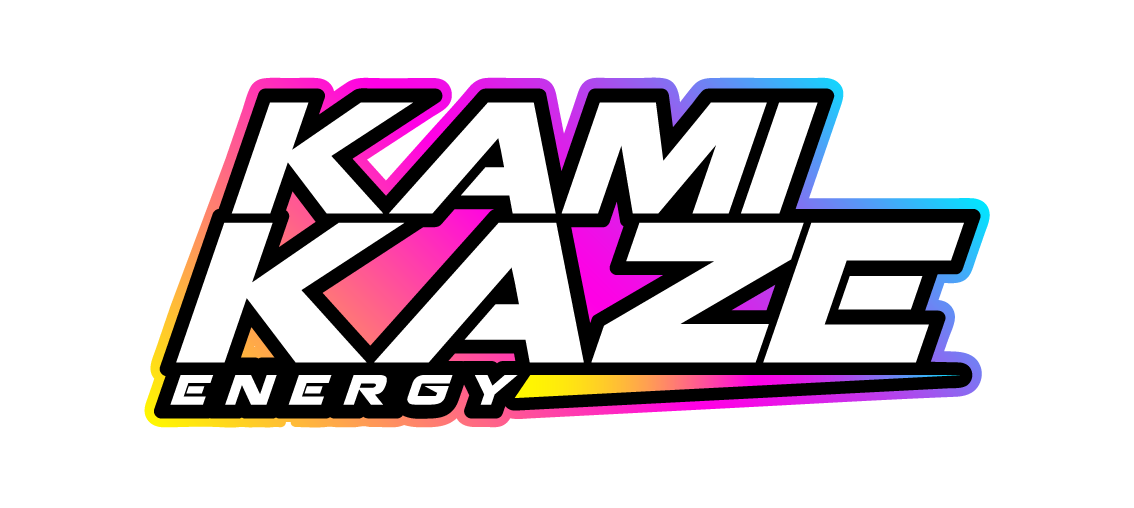Spend over $100 to get a FREE Mystery Box


-
SHOP
![]()
 Australian Made
Australian Made
 Athletes's choice
Athletes's choice
 Free Shipping On
Free Shipping On
All Domestic Orders
- KAMIKAZE ENERGY
- BUNDLES
- SHOP
- KAMIKAZE ENERGY
- BUNDLES
- JOIN THE TEAM
SHOP
 Australian Made
Australian Made Athletes's choice
Athletes's choice Free Shipping On
Free Shipping OnAll Domestic Orders


